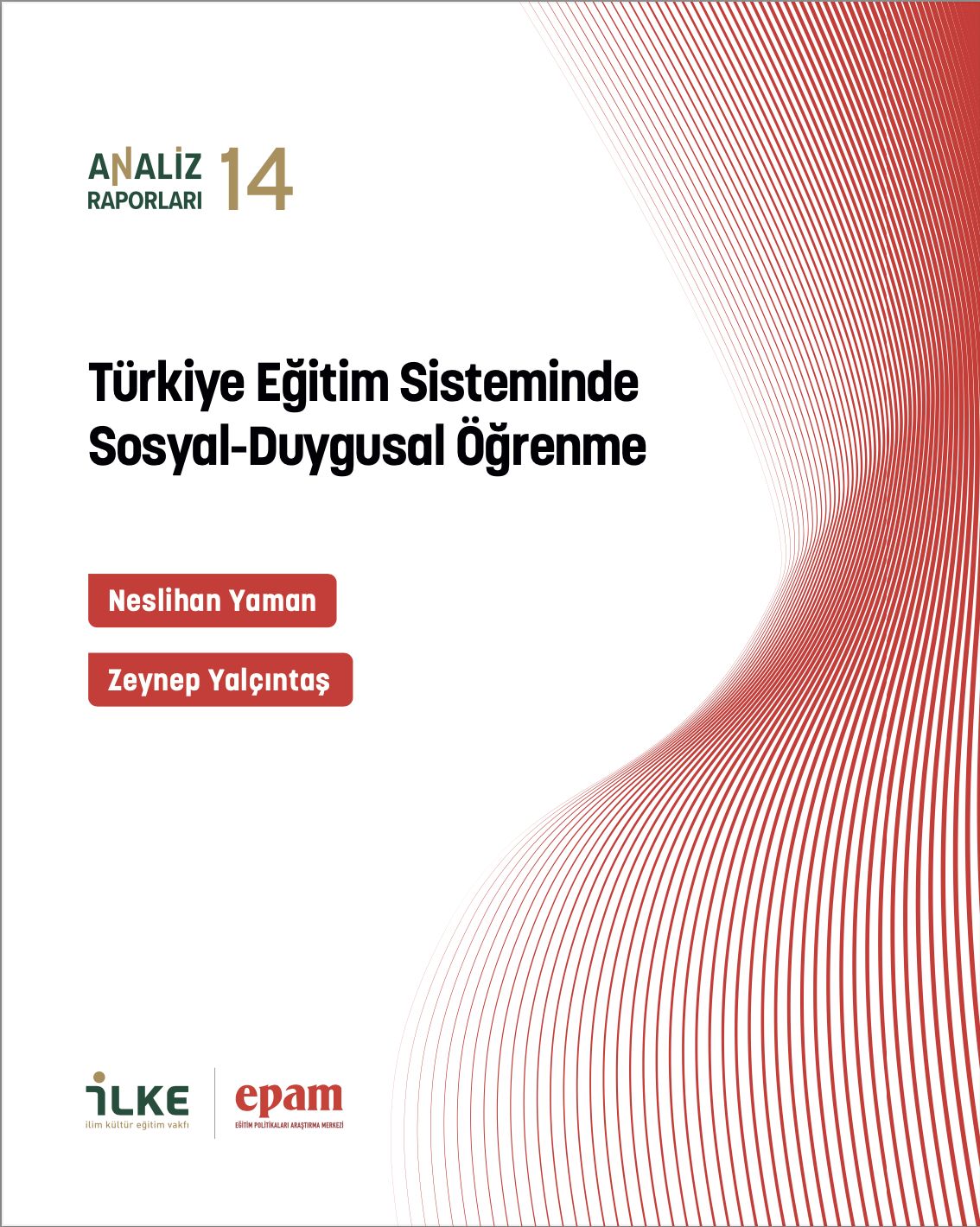The Outlook of Palestine: Palestinian Society in Data Report - Arabic Vers.
For decades, Palestine has endured the hardships of Israeli occupation. Since October 7, 2023, the violence perpetrated by the occupying regime has escalated to genocide, pushing the Palestinian issue to the forefront of global public opinion and raising urgent questions about Palestine and the actions of the occupying power. What are Palestinians' longstanding administrative, economic, and social challenges? How has the occupation impacted Palestinian society, and how does that society continue to resist? This report, The Outlook of Palestine, seeks to answer these critical questions. The report provides a comprehensive examination of Palestine’s socio-economic situation before October 7 and analyses the effects of Israeli occupation policies on Palestinian society. Using critical indicators in demography, economy, education, health, and labor, the report presents data that reveals both the structural challenges and the resilience within Palestinian society. Additionally, it explores the impact of Israel’s blockade and settlement policies on daily life in Palestine, the conditions of Palestinians in the diaspora, and the social consequences of the occupation. The Outlook of Palestine report aims to be a resource for studies on Palestine worldwide. The primary purpose of this report is to meet the most basic need in the field of information in today’s world, where the liberation of Palestine requires the partnership of power, will, and knowledge. For decades, Palestine has endured the hardships of Israeli occupation. Since October 7, 2023, the violence perpetrated by the occupying regime has escalated to genocide, pushing the Palestinian issue to the forefront of global public opinion and raising urgent questions about Palestine and the actions of the occupying power. What are Palestinians' longstanding administrative, economic, and social challenges? How has the occupation impacted Palestinian society, and how does that society continue to resist? This report, The Outlook of Palestine, seeks to answer these critical questions. The report provides a comprehensive examination of Palestine’s socio-economic situation before October 7 and analyses the effects of Israeli occupation policies on Palestinian society. Using critical indicators in demography, economy, education, health, and labor, the report presents data that reveals both the structural challenges and the resilience within Palestinian society. Additionally, it explores the impact of Israel’s blockade and settlement policies on daily life in Palestine, the conditions of Palestinians in the diaspora, and the social consequences of the occupation. The Outlook of Palestine report aims to be a resource for studies on Palestine worldwide. The primary purpose of this report is to meet the most basic need in the field of information in today’s world, where the liberation of Palestine requires the partnership of power, will, and knowledge.









